Unpacking Femmephobia in the Beauty Industry: Challenging the “Performative” Stigma

Stars & Stigma
Astrological Bias: How Zodiac Traits Experience Bias

Unpacking Femmephobia in the Beauty Industry: Challenging the “Performative” Stigma

Astrological Bias: How Zodiac Traits Experience Bias







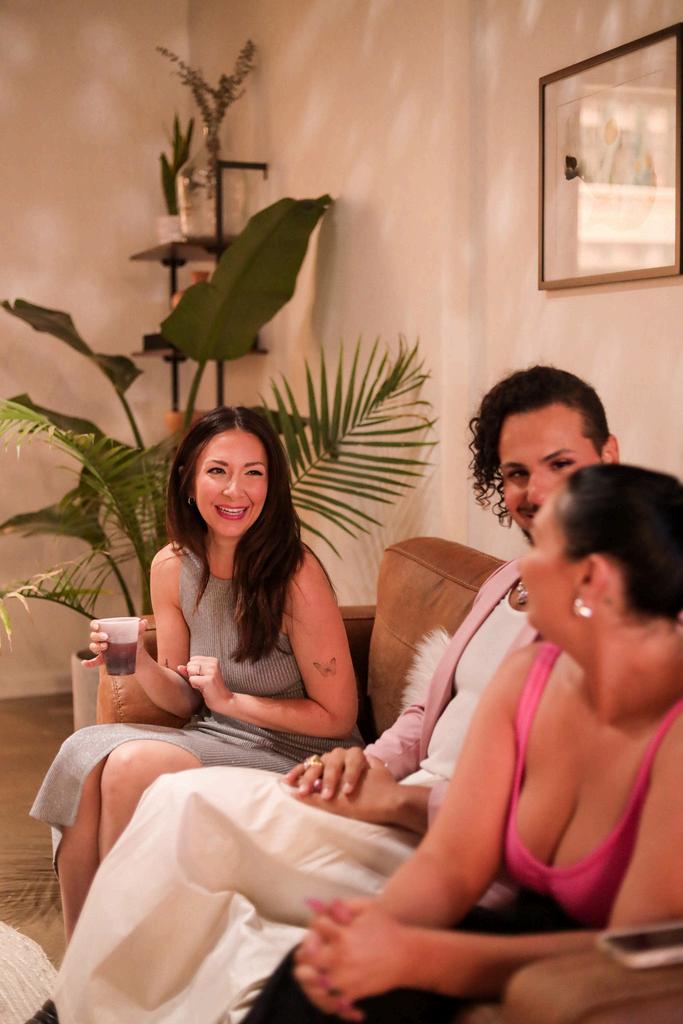

Thank you for checking out our e-magazine! This is our 9th Issue of our digital bi-monthly magazine.
This Issue we are focusingon Zodiac energy! For those reading and sharing this Issue: THANK YOU for caring and giving air to this important conversation!
As a reminder, FEMISH is a 501(c)3 nonprofit organization, currently running on volunteer & intern fuel If you would like to assist with the creation of this monthly magazine, we are looking for editors, writers, marketing, you name it!
Have a story to share? Found a relevant news article we should talk about? Know someone we should interview? Let us know by reaching out to info@femish org and check out our Contributor Form linked on the last page
Don’t forget to subscribe to our website and follow our social media accounts: Instagram, Facebook, Tiktok
Thank you for all your support! Together we can create a welcoming and inclusive world
Our next issue will be out in October 2024, see you then!





A professional make-up artist, FEMISH Board Member, and mom of 3, Suzanne uses her work and lives her life in a way that encourages all people to have fun expressing who they are

FEMISH Intern Megan Sinnaeve is a third-year undergraduate student at North Central College studying Sociology and Gender and Sexuality Studies. She is the Co-President of NCC’s National Organization for Women Campus Action Network, and has obtained other leadership roles over the last two years She hopes to use her knowledge and passion to go to graduate school, write, and do non-profit work
FEMISH intern Tegan Merrick is a creative writer and visual artist studying English at Asbury University They seek to make art that invites people to understand their queer and disabled identities During the school year they work on staff for The Asbury Review, a literary magazine, and as Copy Editor for The Asbury Collegian, a newspaper by and for students
Founder of The FEMISH Organization, Femme Equity Activist, and attorney who was fed up with gender bias and discrimination She stumbled upon the term "femmephobia" and saw the need for this loop-hole in society to be closed. @femmeesq
With AI at our side, our digital magazine was expertly curated, leveraging its organizational powers to streamline content and its writing assistance to refine our message, ensuring a compelling and cohesive reader experience

Creating sustainable change takes: learning, community, educational materials, and people deducated to the cause. Help us BUCK BIAS with a small donation today!
Your donations help us fund events and create educational content to promote self-awareness and debias society so that we have a world where everyone is seen and valued for who they are

ByMeganSinnaeve
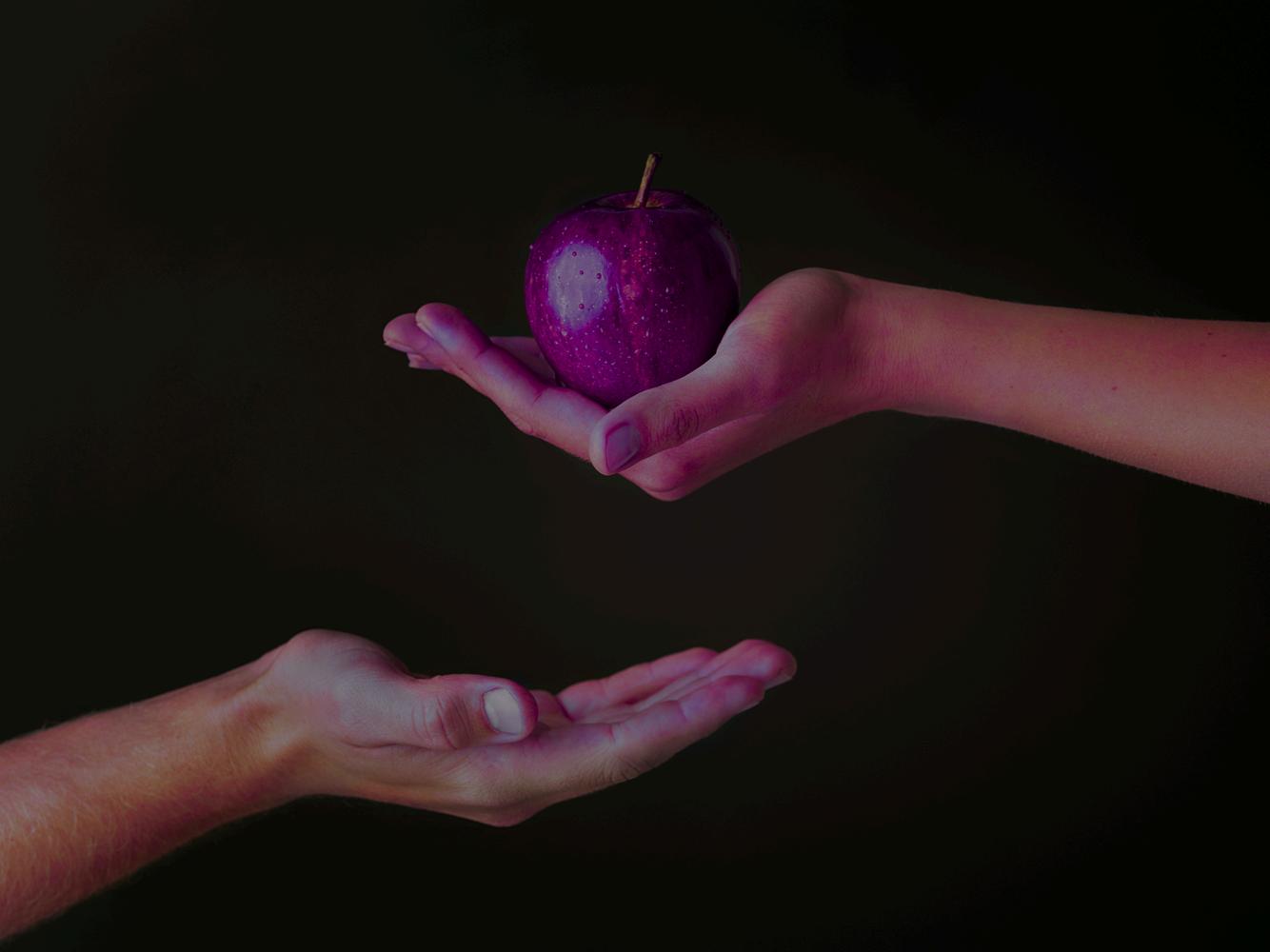
Women are told that because they are innately subhuman creatures, their needs need to take on a debased value. In Genesis, Eve “disobeyed” God’s orders by eating the forbidden fruit from the Tree of Knowledge of Good and Evil because she desired this knowledge. As punishment, in Genesis 3:16, God says, “I will make your pains in childbearing very severe; with painful labor you will give birth to children. Your desire will be for your husband, and he will rule over you.” These consequences have been interpreted to justify patriarchal structures where women are viewed as subordinate to men and their actions are scrutinized more harshly.
This passage is directly stating that women should not desire, but want to be desired. To not want, but to be wanted. Curiosity becomes the opposite of obedience, and because Eve was then blamed for the introduction of sin into the world, and because she was viewed as representative of all women, those who aren’t men are forced to “prove” their virtue and moral goodness by choosing conformity and obedience.
Additionally, this passage has primarily been understood to represent the notion that women should prioritize their roles as wives and mothers above their own needs and desires because of this subordinate status. The idea of women's desires being directed towards their husbands has been construed to mean that women should subjugate their own ambitions and desires to those of their husbands.
As stated earlier, Eve is viewed as the primary instigator of sin and evil, and as a result, there is a collective guilt associated with the female population as a whole. The narrative of Eve's temptation and disobedience has been interpreted to portray women as inherently selfish or self-centered because individual knowledge and fulfillment took priority over “communal harmony”. This idea of innate selfishness has been the backbone of justifications for patriarchal control, restrictions on women's autonomy, and the silencing of women.
If one decides to prioritize their own needs, wants and desires, they will often be met with criticism for not fulfilling their “God-given” responsibilities of nurturance and external support (specifically towards their own families). The idea that a woman's value lies primarily in their ability to sacrifice for others, rather than in their own self-care and self-development is a culturally-fulfilling prophecy designed to maintain patriarchal order and support capitalistic endeavors.
“When women lose themselves, the world loses its way. We do not need more selfless women. What we need right now is more women who have detoxed themselves so completely from the world’s expectations that they are full of nothing but themselves. What we need are women who are full of themselves. A woman who is full of herself knows and trusts herself enough to say and do what must be done. She lets the rest burn.” —
Glennon Doyle
What women need to do is be MORE selfish. MORE full of themselves. Where their desires have to do with life-long ambitions. Where their finite energy is directed towards their own liberation. Where they follow their body’s wisdom through mutual trust. Instead of being everything for everyone else, women need to be everything for themselves.
The beauty industry is often the first to come to mind when discussing femininity, particularly through the lens of makeup Despite being a multi-billion-dollar industry that thrives on creativity and self-expression, it is frequently dismissed as frivolous or superficial. This stems from femmephobia—a bias against feminine expression—and a persistent belief that femininity is “performative” in a way that devalues both the person and the work. But why is femininity considered “performative,” and why is this viewed as inherently negative?
ThePerformativeStigma WhyPerformativeDoesn’tMeanNegative
In the context of makeup, “performative” often implies that women who wear it are trying to conform to societal expectations or attract male attention This perspective suggests that makeup is a tool for masking insecurities rather than a means of creative self-expression. As a result, individuals in the beauty industry —makeup artists, beauty influencers, and even everyday makeup enthusiasts—are sometimes seen as inauthentic or even complicit in upholding patriarchal standards of beauty However, this view is narrow and fails to recognize the full range of reasons why people engage with makeup
The idea that all forms of femininity are performative and, therefore, disingenuous is rooted in femmephobia This bias is based on the stereotype that femininity is inherently weaker or less authentic than masculinity. When people dismiss makeup as merely performative, they undermine the value of artistic expression and the emotional and psychological empowerment that comes with it The truth is, makeup can be both performative and empowering, much like how other forms of self-expression— such as fashion or music—are celebrated for their performative aspects The problem isn’t the performance; it’s the stigma that feminine forms of expression are seen as less valuable
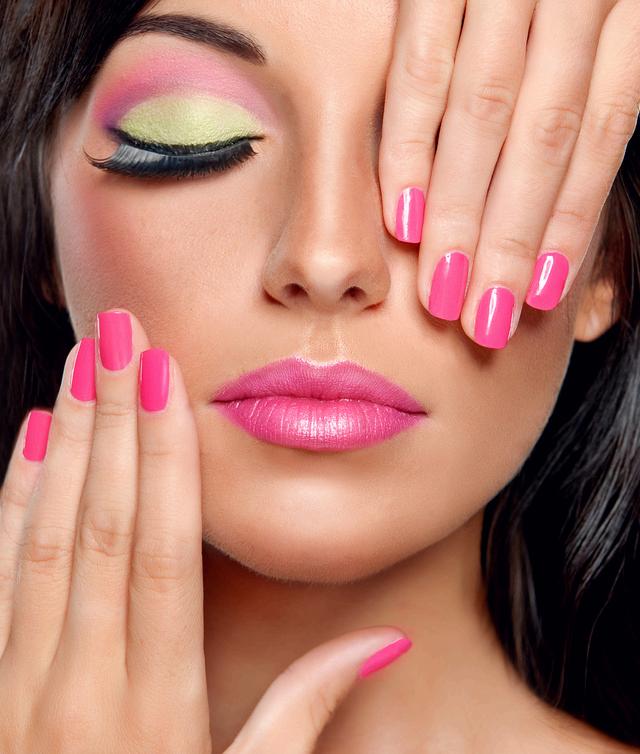
The Beauty Industry and the Patriarchal Narrative
Critics argue that the beauty industry feeds into patriarchal desires by promoting unrealistic beauty standards and pressuring women to look a certain way While it's true that the industry has its flaws, this critique often misses a critical point: the patriarchal issue isn’t with the existence of makeup but rather with the devaluation of makeup and those who choose to use it. By dismissing the beauty industry and its workers as superficial or vain, society reinforces the idea that feminine expression is less serious or worthy of respect
The beauty industry should be seen for what it truly is: a powerful space for creativity, selfexpression, and empowerment Makeup allows individuals to experiment with their identities, challenge norms, and find joy in the act of self-expression. Rather than viewing makeup as a tool of oppression, it should be seen as a medium that offers freedom—a freedom to play, to change, and to be unapologetically oneself. The real patriarchal notion lies not in the use of makeup but in devaluing it and the people who work with it

In the end, femmephobia and the stigma against perceived “performative” femininity create a skewed narrative that marginalizes the beauty industry It's time to dismantle these biases and embrace the joy and empowerment that come from expressing one’s true self, whether that involves a bare face or a bold red lip After all, the ultimate form of resistance is the freedom to choose how we present ourselves to the world
Gender bias and femmephobia infiltrate even the stars, shaping how we interpret and internalize the traits associated with each zodiac sign. By recognizing and challenging these biases, we can empower people to fully embrace and express their true astrological selves, without fear of judgment or stereotype. Embracing the strengths of all signs, regardless of societal expectations, can help us dismantle these harmful narratives and allow everyone to shine in their unique light.

Continue on to see how bias affects your sign
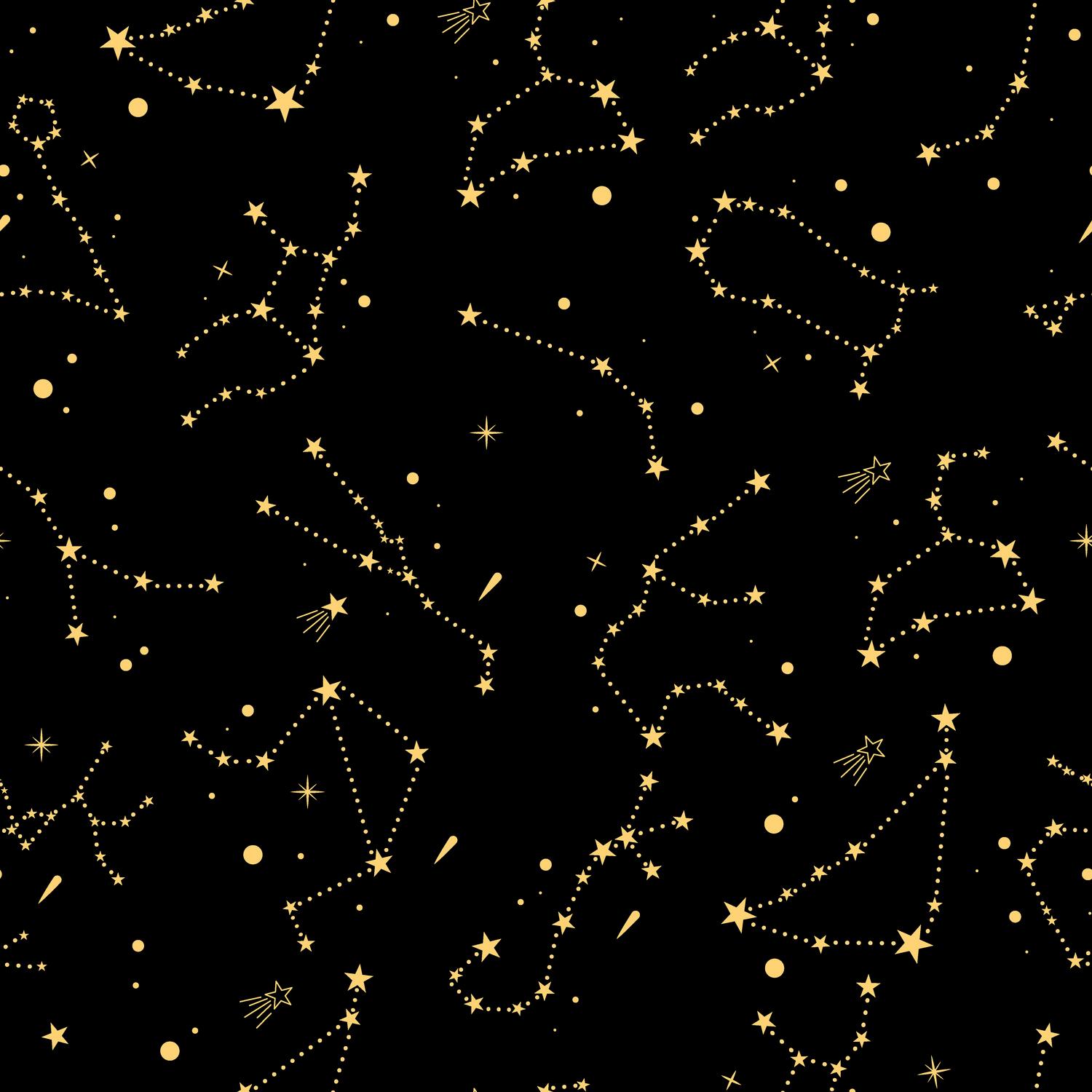
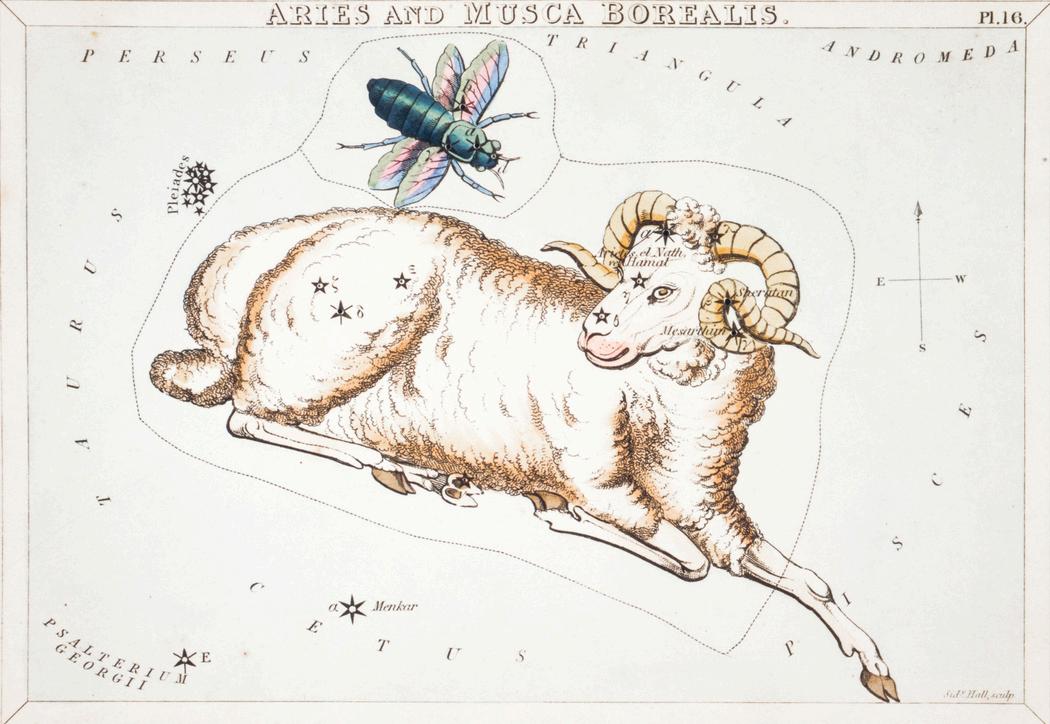

Aries, known for boldness and leadership, often faces gendered interpretations. A person with Aries traits who is assertive might be praised for leadership qualities, while another might be labeled as "aggressive" or "too bossy" due to societal biases This double standard can discourage those with Aries energy from fully embracing their natural leadership abilities, pushing them to tone down their assertiveness to fit in
Taurus is celebrated for loyalty and determination, but femmephobia skews this into stereotypes of stubbornness or materialism A person with Taurus traits who values stability and comfort might be seen as high-maintenance or superficial, reflecting societal expectations to prioritize the needs of others over oneself.

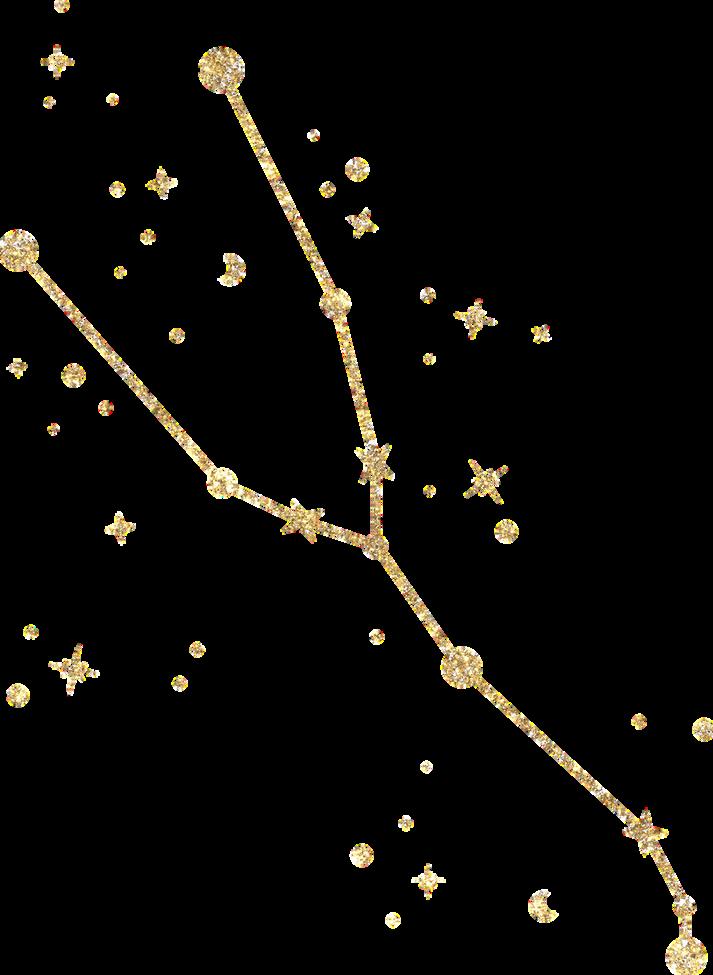
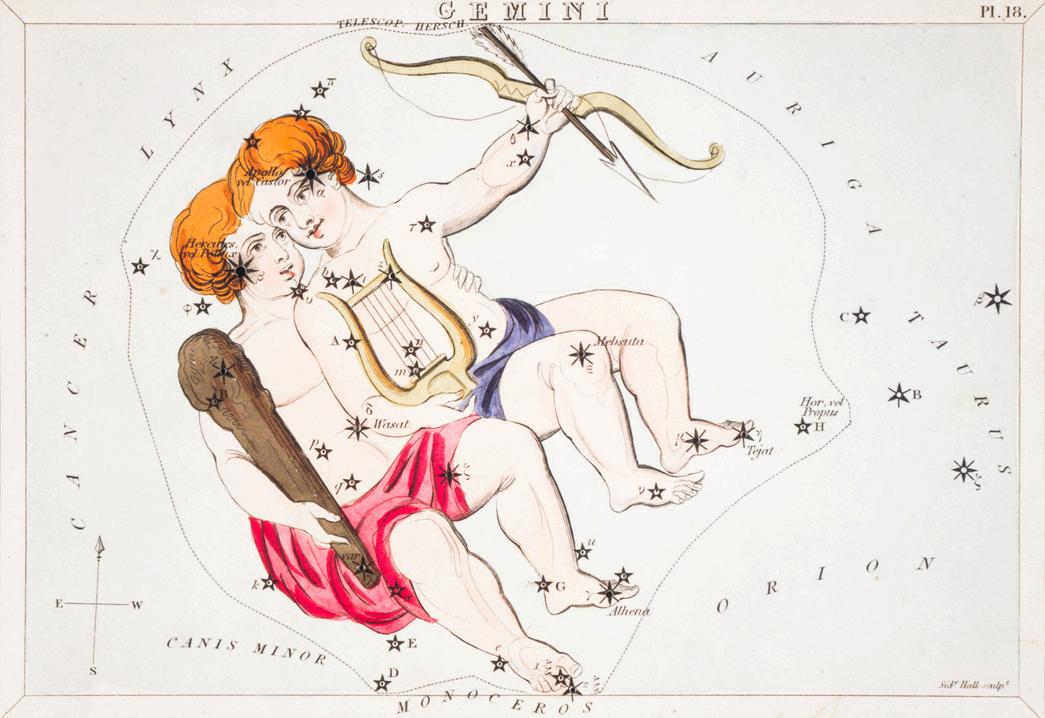

Geminis are known for their sociability, wit, and adaptability However, femmephobia can paint Gemini traits as “gossipy” or “two-faced ” This bias penalizes those with Gemini energy for their communication skills, framing them as manipulative instead of seeing them as multifaceted and charismatic.
Cancer’s association with nurturing qualities often becomes a stereotype of being overly emotional or clingy. This sign’s deep emotional intelligence can be reduced to a trope, pressuring individuals with Cancer traits to suppress their sensitivity to avoid being perceived as weak or overly sentimental


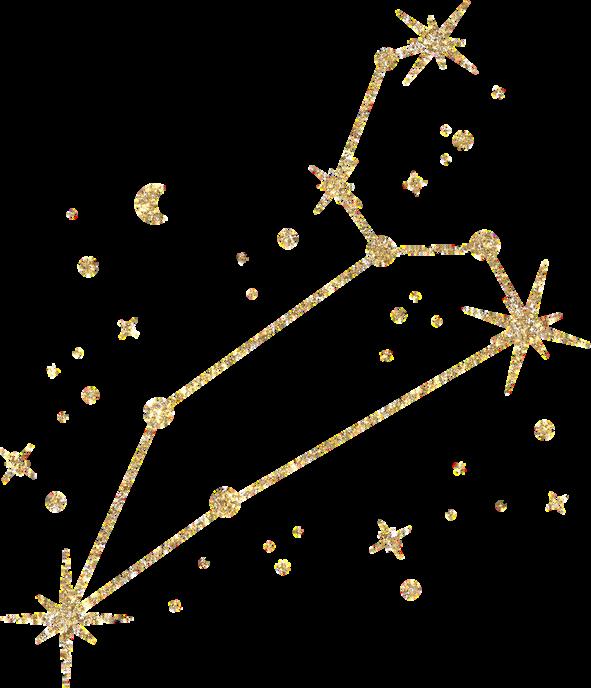

Leos radiate confidence and love to be in the spotlight However, while self-assured behavior is often admired, it can also be dismissed as "attention-seeking" or "vain." Femmephobia can devalue the self-assurance of those with Leo energy, interpreting their confidence as a flaw rather than a strength.
Virgo: The Perfectionist or Just Picky?
Virgo’s analytical nature is often celebrated, but femmephobia turns this into criticism, branding individuals with Virgo traits as “nagging” or “picky.” Society's expectation for people to be agreeable and accommodating can conflict sharply with Virgo's desire for order and efficiency
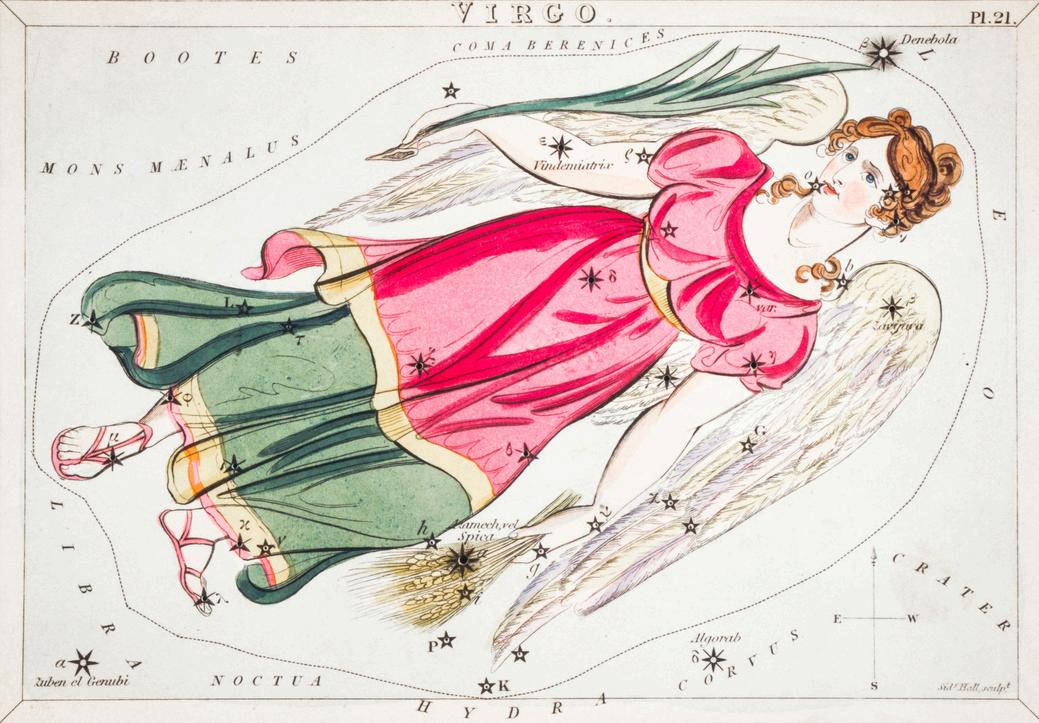

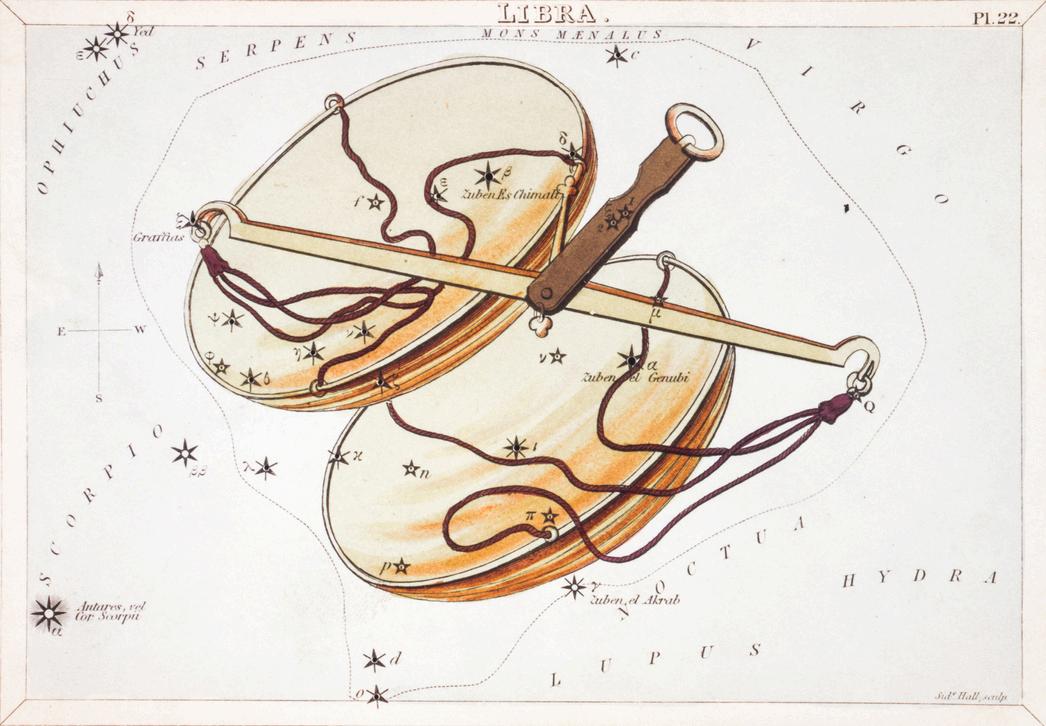

Libra is the sign of balance and harmony, often seen as diplomatic and fair-minded. Yet, femmephobia distorts this, labeling Libra traits as those of a “people-pleaser” who lacks a backbone. This stereotype undermines the natural inclination for justice and equality, suggesting that a desire to avoid conflict is a sign of weakness.
Scorpios are intense and passionate, traits that often face different interpretations based on societal biases. Scorpio’s mysterious allure might be admired, but it can also be perceived as “dangerous” or “manipulative.” Femmephobia can play into the fear of powerful traits, casting Scorpio energy in a negative light
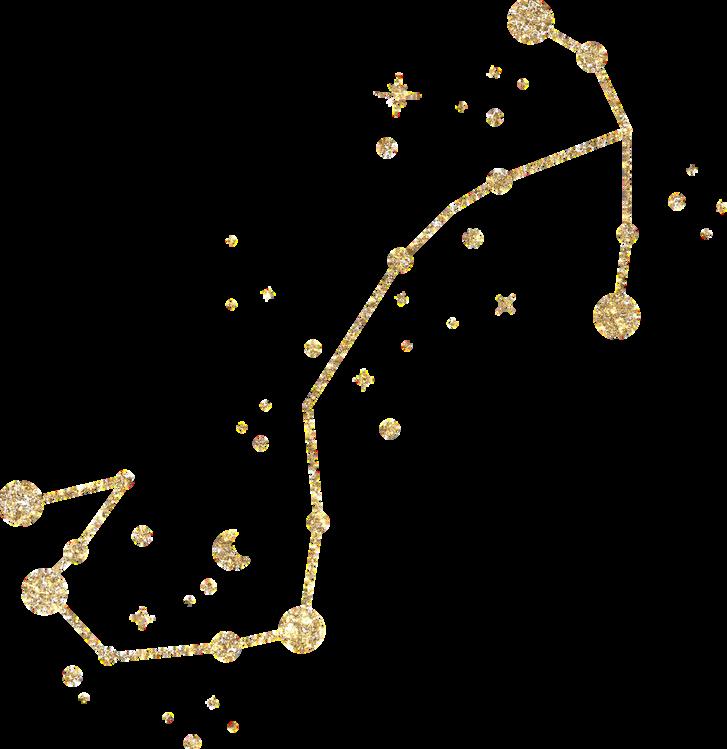

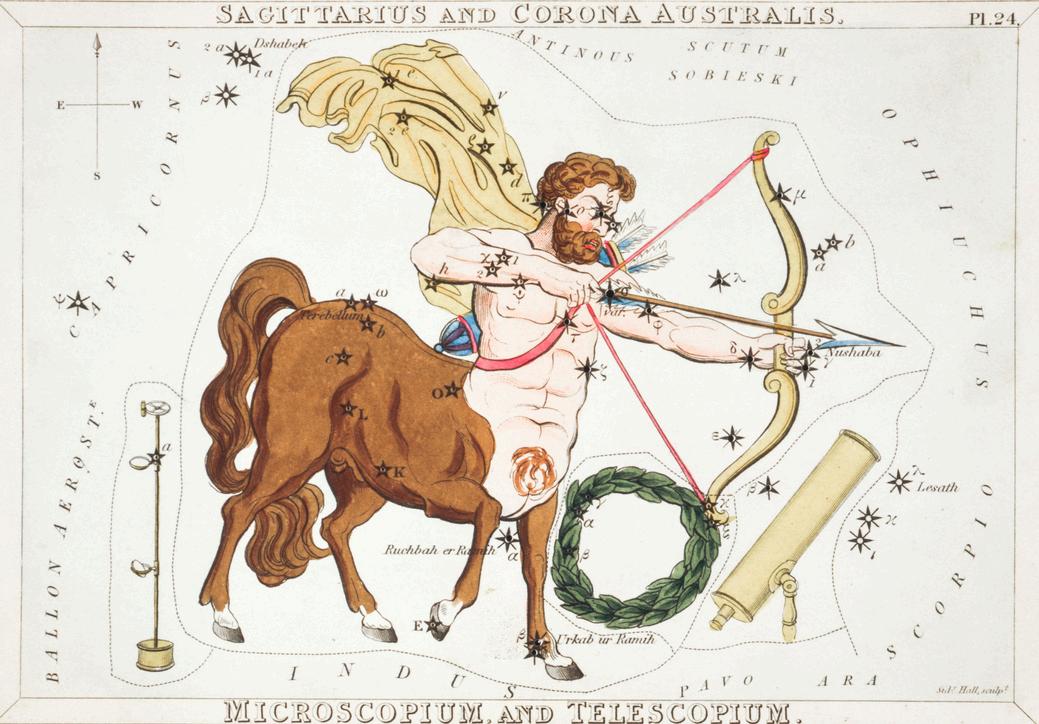

Sagittarius is known for a love of freedom and adventure, yet femmephobia can frame these traits as “irresponsible” or “carefree” in a negative sense. While independence is often celebrated, those with Sagittarius energy may be judged for not adhering to traditional roles of stability and caretaking
Capricorn: Ambitious or Cold-Hearted?
Capricorns are driven and goal-oriented, but femmephobia can stereotype these traits as “coldhearted” or “too career-focused.” This bias penalizes ambition, suggesting that success must come at the expense of being likable or nurturing.
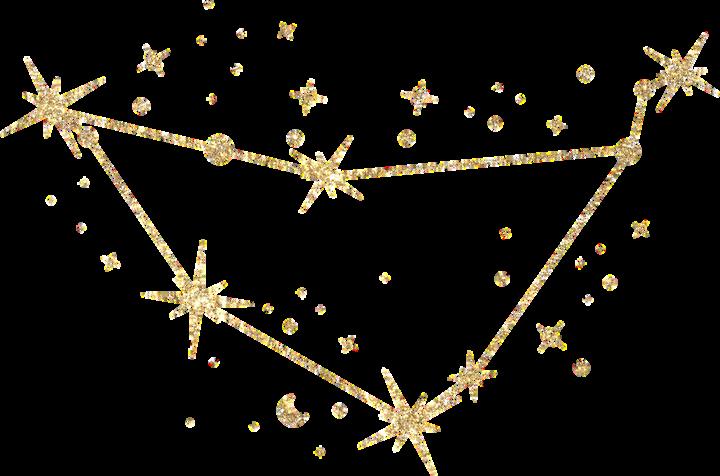



Aquarius is associated with independence and innovation. However, femmephobia may paint Aquarius traits as “detached” or “aloof,” suggesting that independence is negative. This perspective discourages those with Aquarius energy from embracing their unique, freespirited nature
Pisces: Empathetic or Weak?
Pisces is known for empathy and compassion, qualities that are often celebrated but can also be seen as a sign of weakness. Femmephobia pressures those with Pisces traits to toughen up, discouraging them from showing vulnerability or relying on their deep emotional intelligence


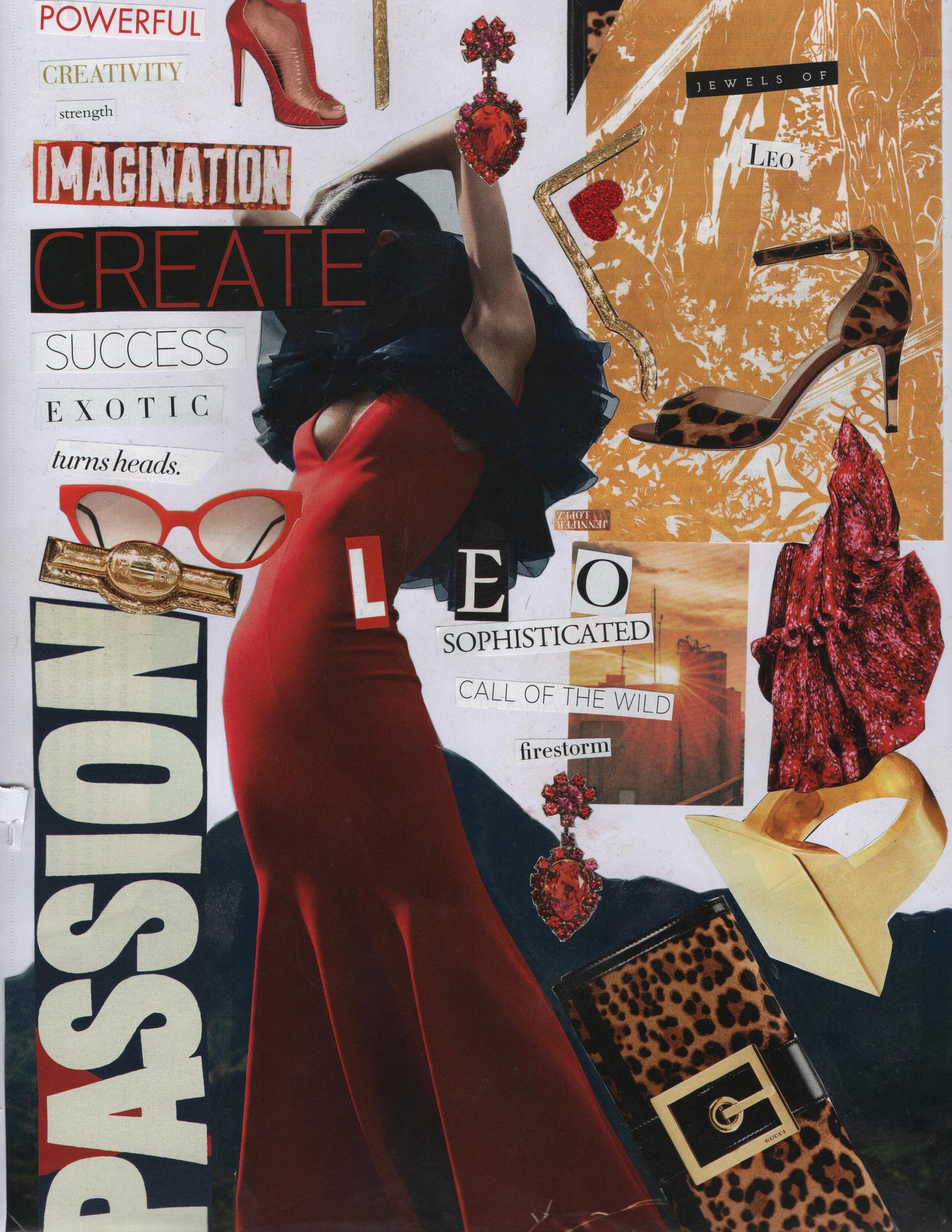
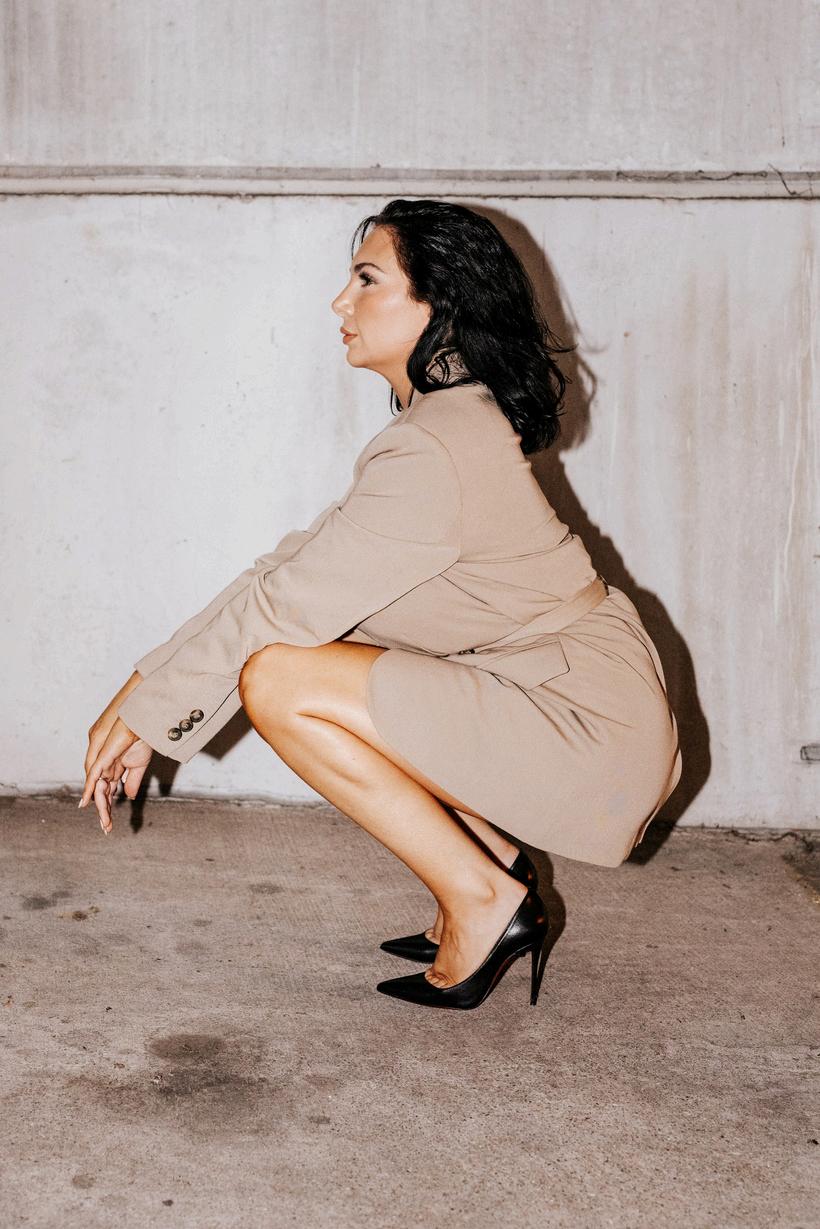

We caught up with Chicago professional make-up artist, and FEMISH Board Member, and a Leo, Suzanne Sabat, to discuss her experience working in a feminine field
Suzanne works in the Chicagoland area and has worked with many brides and other private clients, in addition to brands like Nike, V-Tech, CBS, Formless By Jenny, the WNBA, and more!
Femmephobia is a central issue that FEMISH addresses. How does your work as a makeup artist intersect with this cause?
Femmephobia is known in the beauty industry because our job is considered for women by society We are constantly belittled in the sense that our job isn’t a real job, or it is a side hustle Never considered a full time job, ”real” job, because of the industry that it is This industry has proven its worth and is being seen because of the knowledge on femmephobia and people breaking society’s view on it! People in the industry, like myself, are becoming more boundary aware and using our voices when it comes to the people who want to treat this industry as a “little side job ”
As a mom and a professional in the beauty industry, how do you navigate the expectations of femininity and beauty standards in your personal and professional life?
I think if I had been asked this 10 years ago I would have been like “this is a hard one ” but it’s not for me now I don’t care about standards, I don’t care about how I should look or act being a mother I do what works for my family and I look how I want to look I am very confident in my balance in life And I hope to pass that to my kids I don’t believe in rules in the beauty industry, whether it pertains to age, gender or anything else! I want to make myself feel good and my clients
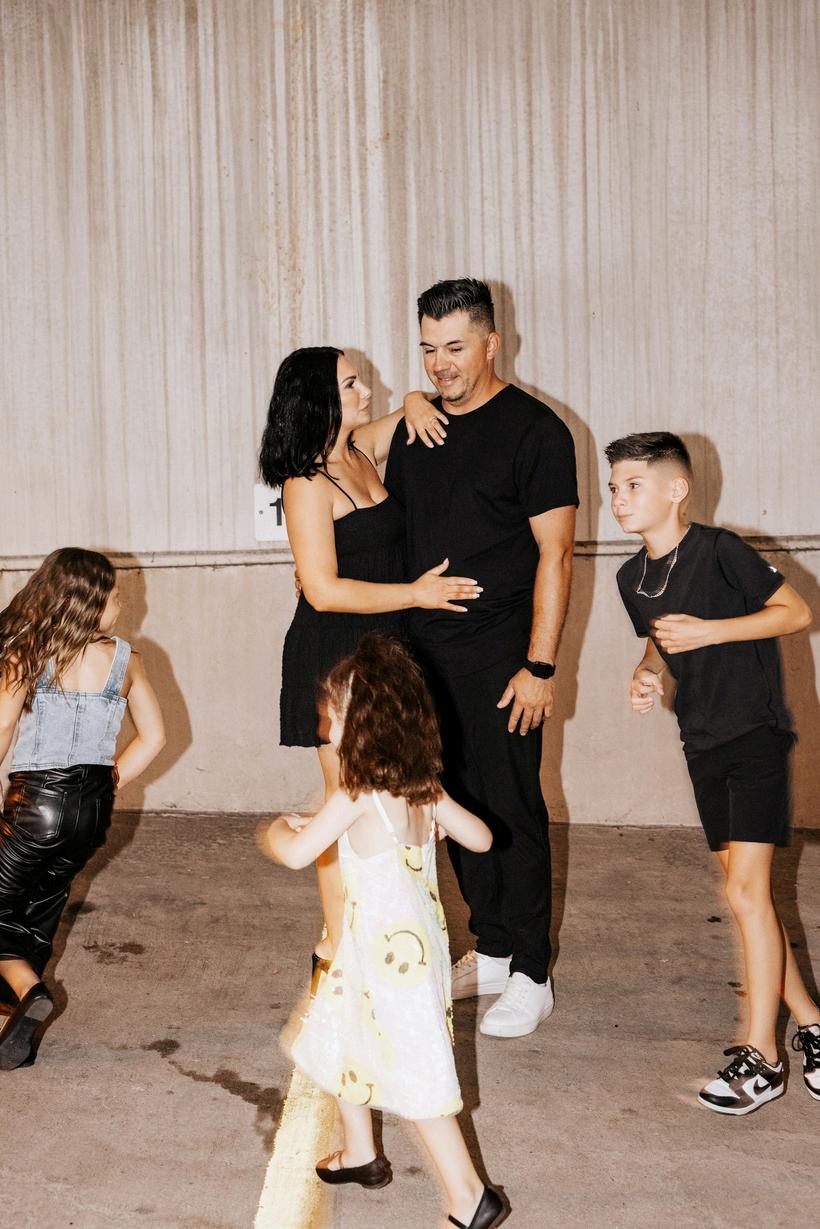

In your opinion, how does femmephobia manifest in the beauty industry, and what steps do you believe can be taken to combat it?
I think it manifests with people treating the industry as less serious Which happens ALOT Whether it’s clients not taking policies seriously or friends thinking you can do favors for their friends. The main question I always get is “Is this your only job?” or “What else do you do?” Imagine asking your kids teacher that or your tax consultant, you wouldn’t I think the best way to combat this is to build a strong community in the beauty world by giving help when needed and spreading awareness through experience To build up this community to make sure everyone is aware of their worth and help every person know that the people who don’t have knowledge on their field shouldn’t be a factor in how you run your business or feel your worth!
As a board member of FEMISH, what unique insights or experiences do you bring from your career in makeup artistry to the organization’s mission?
My experience with not feeling like my business or what I’ve done with my business was enough because of it being in the beauty industry or not needing a 4 year degree..is what made me want change! I learned more and more that this is how a lot of people feel and are treated by non beauty professionals and sometimes other beauty professionals And using my voice to educate and spread awareness in my field can help solve this terrible feeling in other artists Our work and job is a real job and we deserve respect just like every other professional
What lessons do you hope to pass on to your children about gender expression and self-identity?
I hope to pass to my kids that there are no rules when it comes to their gender expression They can wear whatever they want, do whatever activities they want Their gender doesn’t define who they are What kind of person they are does Gender expression is fun and a way to be who you are and there are no rules with it
What is one thing you love about FEMISH?
I love that FEMISH is uplifting and raises awareness on SO many levels I love that it applies to EVERYONE not one person can say that they don’t have a story that applies to what Femish stands for. I love that this organization truly is something that can unify everyone and their experiences

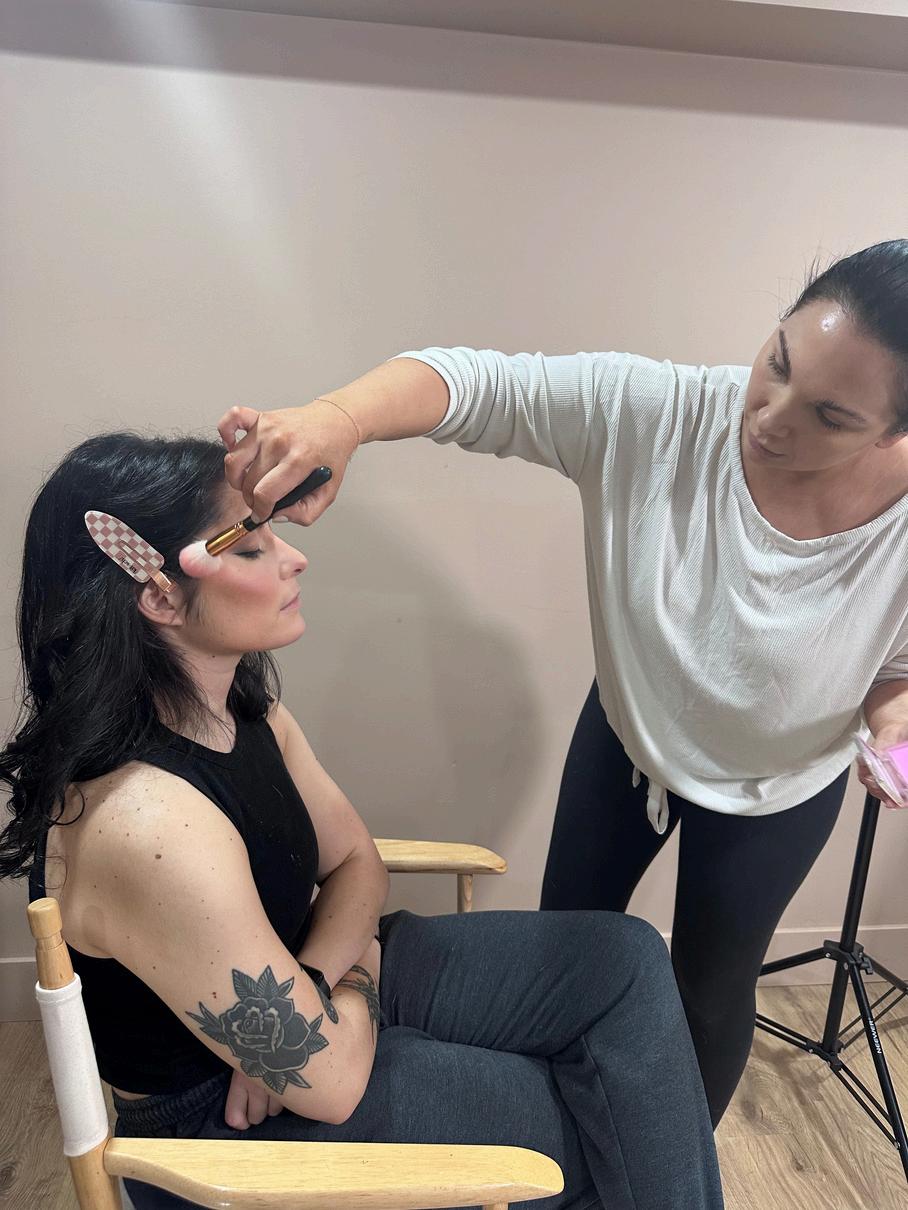
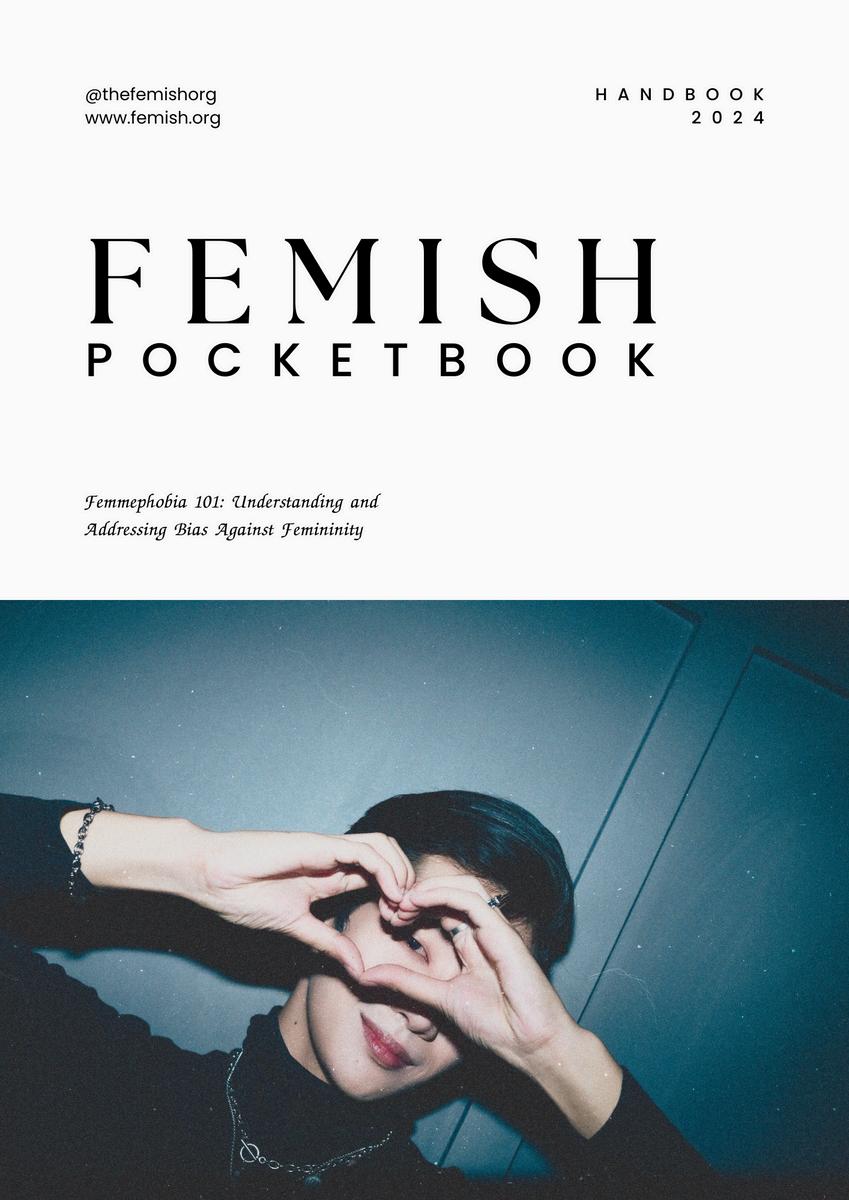
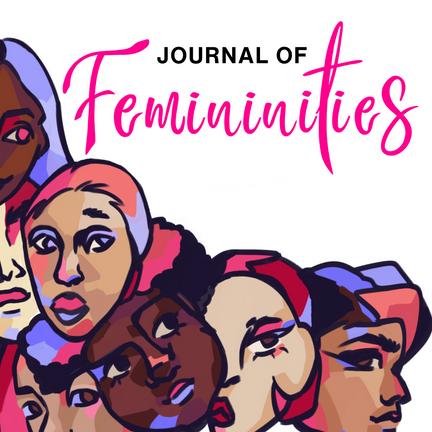
The Journal of Feminini.es is the first academic journal devoted to the study of Feminini;es and uniquely offers an outlet for scholarship on femininity. The Journal of Feminini.es cul;vates and unifies the field of Feminini;es by publishing content that advances theories and methods in the study of femininity. The journal seeks to challenge and re-examine the taken-for-granted norms and associa;ons of femininity and to treat Feminini;es as an academic discipline similar to others that focus on par;cular social dimensions. Ar;cles that appear in the Journal of Feminini.es contribute to deeper and more complex understandings of femininity

Need a passion project to fill your credits or your soul? FEMISH has remote interns and tons to work on from writing & editing, photography, social media content, research, event planning, and community organization. Join the interns already on our team for fall! Apply Here!
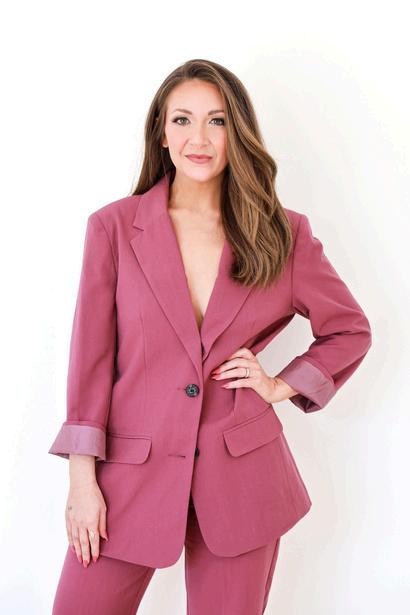
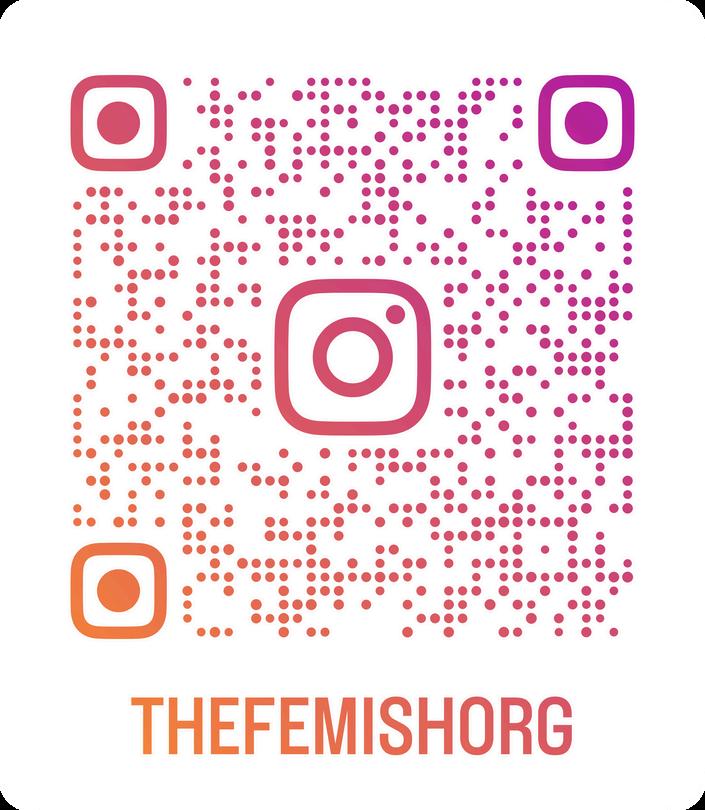
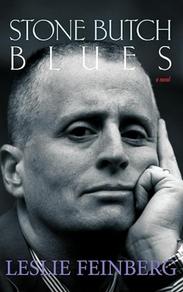
A TV SERIES THAT OFFERS A CANDID AND HEARTFELT LOOK AT THE LIFE OF A QUEER STAND-UP COMIC NAVIGATING LOVE, ADDICTION, AND IDENTITY. THE SHOW, CREATED BY AND STARRING MAE MARTIN, EXPLORES THEMES OF FEMMEPHOBIA, SEXUALITY, AND MENTAL HEALTH WITH HUMOR AND SENSITIVITY
Available on Amazon but we encourage buying local
BY LESLIE FEINBERG IS A POWERFUL AND MOVING NOVEL THAT EXPLORES THE EXPERIENCES OF A BUTCH LESBIAN COMING OF AGE IN THE 1960S AND 70S FEINBERG'S NOVEL OFFERS A POIGNANT PORTRAYAL OF GENDER IDENTITY, SEXUALITY, AND COMMUNITY, CAPTURING THE CHALLENGES AND TRIUMPHS OF LIVING AUTHENTICALLY IN A WORLD THAT OFTEN SEEKS TO ERASE OR MARGINALIZE DIFFERENCE
HOSTED BY COMEDIAN CAMERON ESPOSITO EACH EPISODE FEATURES CANDID AND INSIGHTFUL CONVERSATIONS WITH A DIVERSE RANGE OF GUESTS FROM THE LGBTQIA+ COMMUNITY, INCLUDING ARTISTS, ACTIVISTS, AND ADVOCATES.

DONT FORGET! THIS ENTIRE MAGAZINE IS INTERACTIVE, THERE ARE LINKS EVERYWHERE!
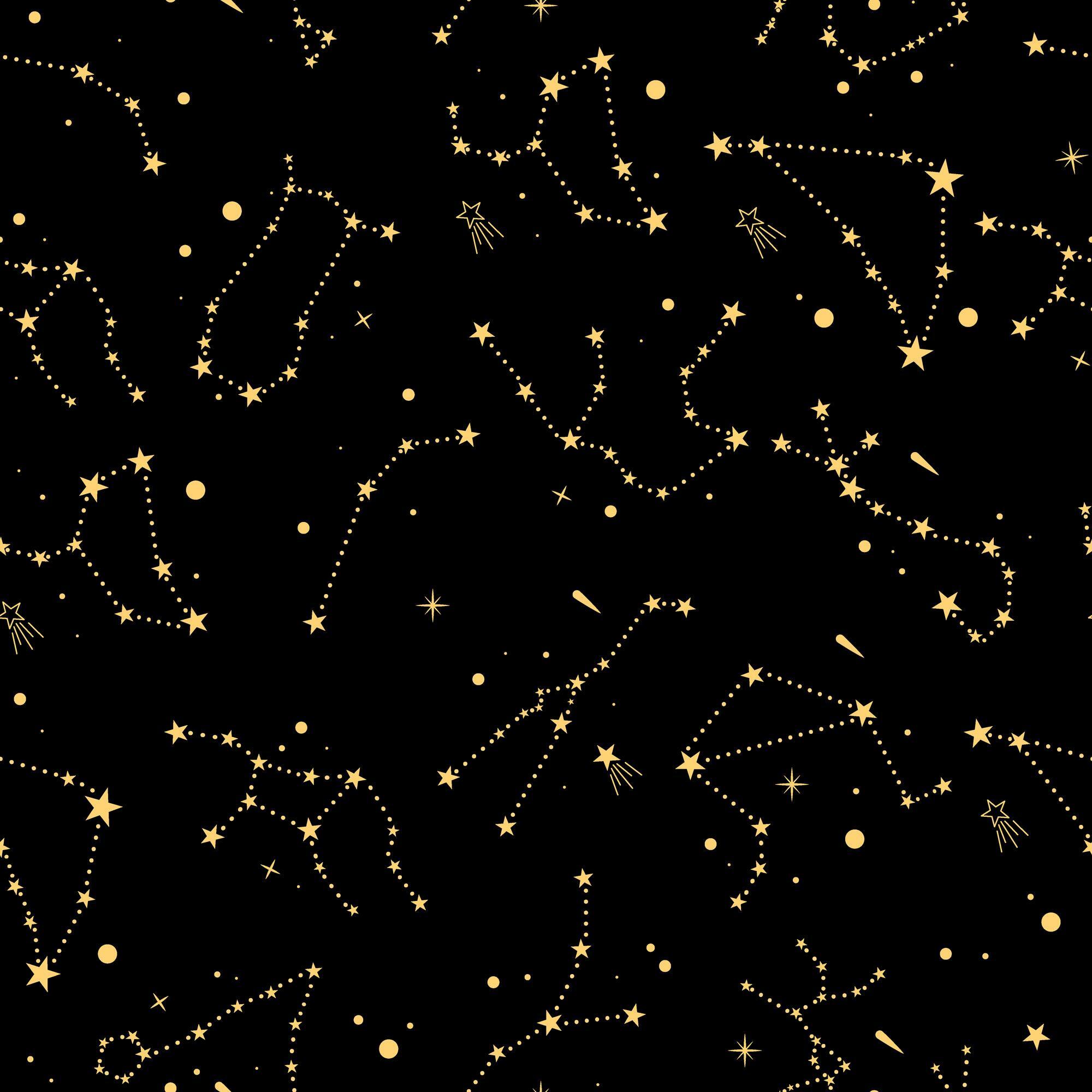
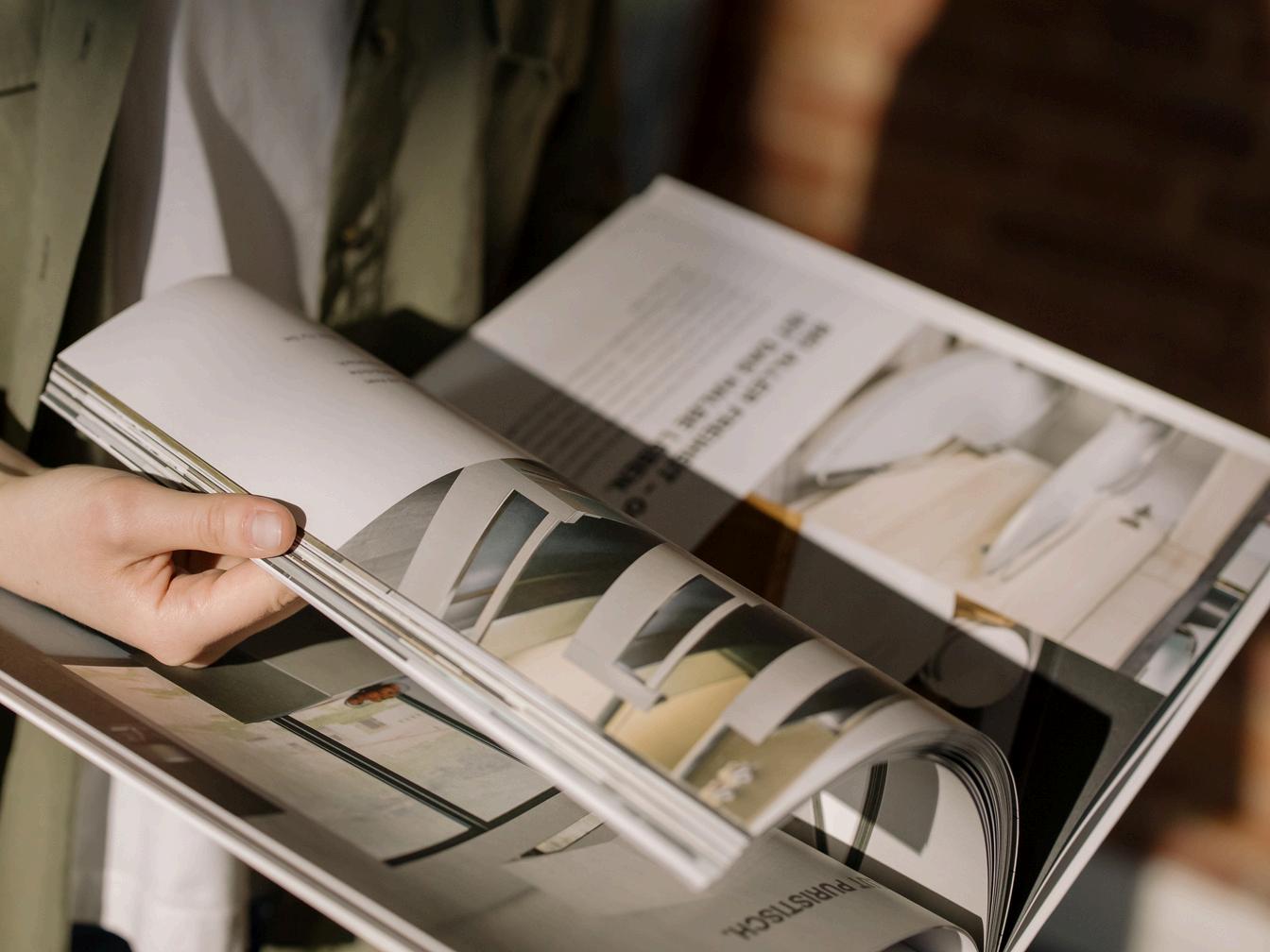
Wewillneverstopsharingresearchandstoriesto createabondedcommunityofchangemakers. Femmephobia&Gender-policingareprohibiting trueequality,andwehavehadenough.
FilloutourContributorformbelowandseehowyou canaddyourvoicetoournonprofitorganization's platforms.